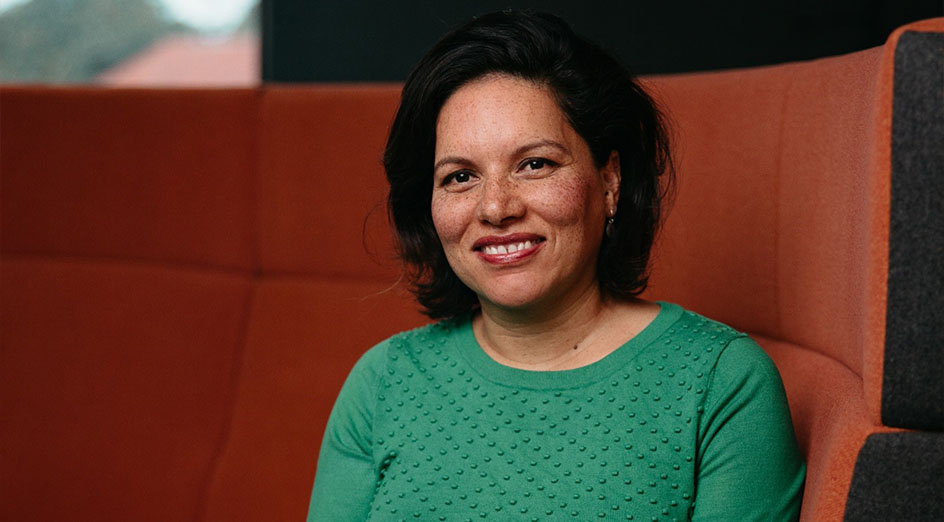A company founded by The University of Western Australia is developing technology to fight potentially deadly antimicrobial resistance.
Lixa, which was launched last night, was formed to capitalise on technology that infiltrates bacteria and was developed by researchers from UWA’s School of Biomedical Sciences.
Dr Angela Fonceca, a Research Fellow at the School, co-founded the biotech firm with Dr Maud Eijkenboom.
Dr Fonceca said the Neo X technology worked to dissolve the protective shield, or biofilm, that protected bacteria and made them more resistant to substances such as antibiotics.
“Antimicrobial resistance happens when harmful microbes evolve and develop the ability to survive antimicrobials such as antibiotics,” Dr Fonceca said.

Image: Dr Angela Fonceca is the co-founder of Lixa.
She said Lixa had found a way to tackle the problem differently and the technology had a range of applications in food production, marine technology, veterinary care and healthcare.
“It’s been a growing issue globally, exacerbated in part by the inappropriate and overuse of antibiotics, and has been declared by the World Health Organisation to be one of the top 10 public health threats facing humanity,” Dr Fonceca said.
“Patients with cystic fibrosis, for example, experience chronic lung infections which eventually lead to premature death.
“A huge part of the battle is just finding something that will work against the bacteria as they continue to evolve resistance to treatments.”
Dr Fonceca has previously taken part in a program with the Centre for Entrepreneurial Research and Innovation on successful start-ups.
Her presentation on Neo X and its potential as a bacterial biofilm disruptor won the Concept to Creation Pitching event at CERI late last year.
Dr Fonceca was also one of 40 international applicants accepted into the Interdisciplinary Course on Antibiotics and Resistance to be held this year in Annecy, France.
